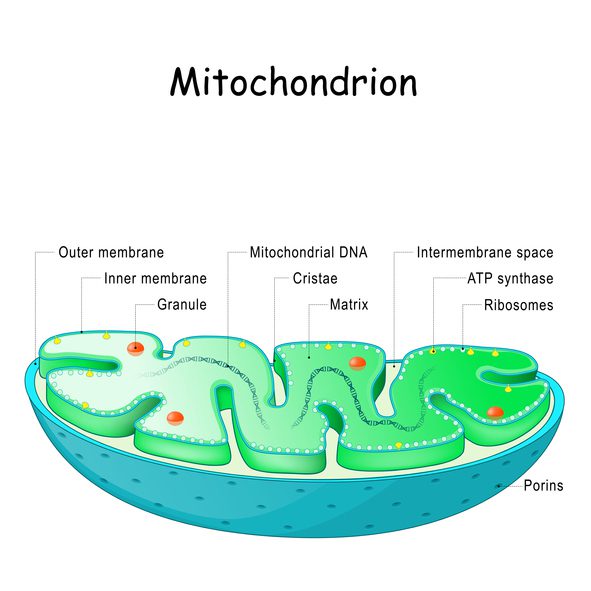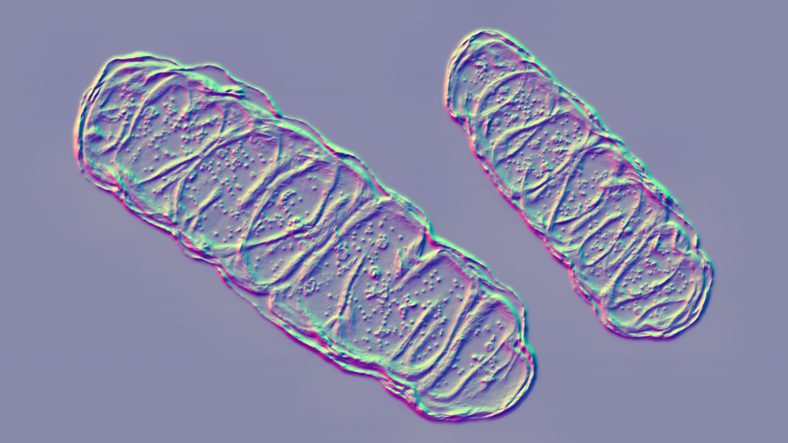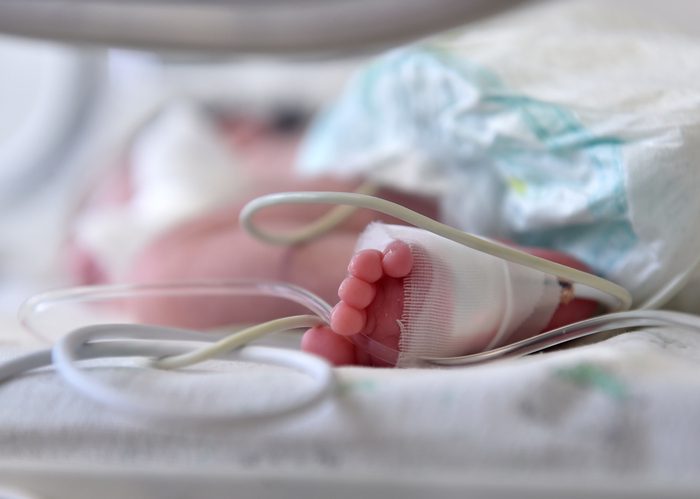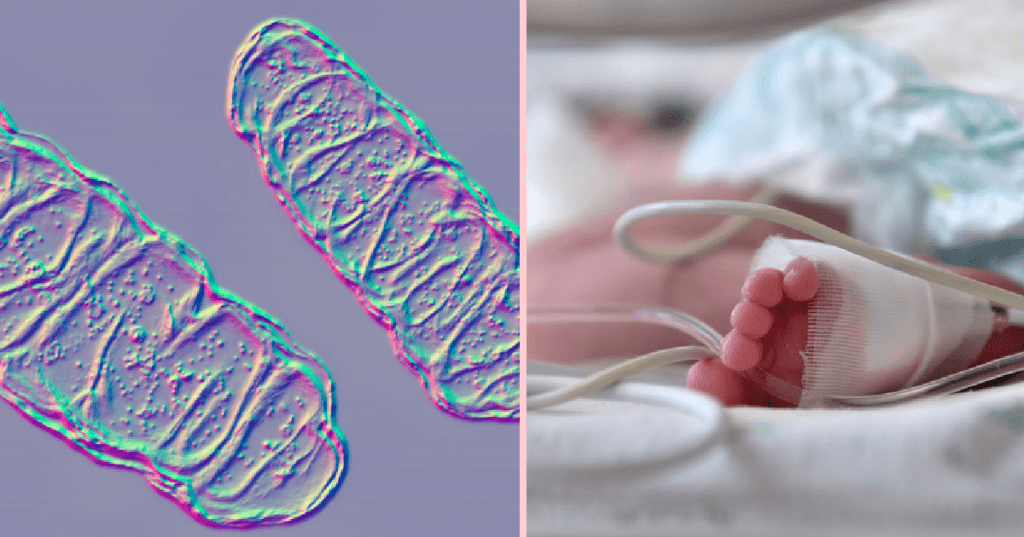If you’re sitting there assuming that a discussion about evolution is going to talk about events thousands of years in the past, or different hominids, then think again – evolution continues to happen right under our noses, even if you need a microscope to see it.
New research suggests there’s a new route that employs our own mitochondria’s method of delivering of genetic material.
These mitochondrial DNA “inserts”not only worked as a mechanism for altering genomes, but they were also present in some tumors.

Image Credit: iStock
This suggested to researchers that instead of improving our trajectory without fail, they can sometimes cause cancer.
Scientists from the University of Cambridge and Queen Mary University combed through the DNA of 11,000 families as part of the Genomics England’s 100,000 Genomes Project, which looks to study paternal inheritance.
Previous research found evidence of mitochondrial DNA passing down the paternal line, when it was previously believed to be inherited from the maternal line only.
Children involved in the study exhibited inserts that did not appear to be inherited from either parent, which strongly suggests that mitochondrial DNA is always entering the genome and can actually cause us to evolve.

Image Credit: iStock
The authors spoke with IFLScience about how some of these people would end up the unlucky recipients of serious illness.
“Usually they are inserted into non-coding space or silenced by methylation after insertion to prevent them affecting cell/gene function. If they disrupt the genes they can cause cancer or rare genetic disorders.”
Mitochondria have long been referred to as the “powerhouse of the cell,” and they keep our biological processes working. They were born billions of years ago when a bacterium found its way into an animal cell and never left.
“This was all thought to have happened a very long time ago, mostly before we had even formed as a species, but what we’ve discovered is that that’s not true. We can see this happening right now, with bits of our mitochondrial genetic code transferring into the nuclear genome in a measurable way.”
Exactly how these inserts are finding their way into the genome is going to require further research, but the scientists think the changes could affect as many as 1 in 4000 babies.
They were also found in roughly 1 in 1000 tumors, often seeming to be responsible for the disease.
“These inserts seem to repair DNA breaks, which are a major cause of cancer.”
Regardless of how much remains to be learned, the researchers believe this is a huge moment as far as understanding both human evolution and disease.

Image Credit: iStock
“I am so delighted that the 100,000 Genomes Project has unlocked the dynamic interplay between mitochondrial DNA and our genome in the cell’s nucleus. This defines a new role in DNA repair, but also one that could occasionally trigger rare disease, or even malignancy.”
They published the study in Nature, and I know I’m not alone in looking forward to hearing more research on this topic in the future.
What do you make of what’s been published so far? Let’s talk about it in the comments!






